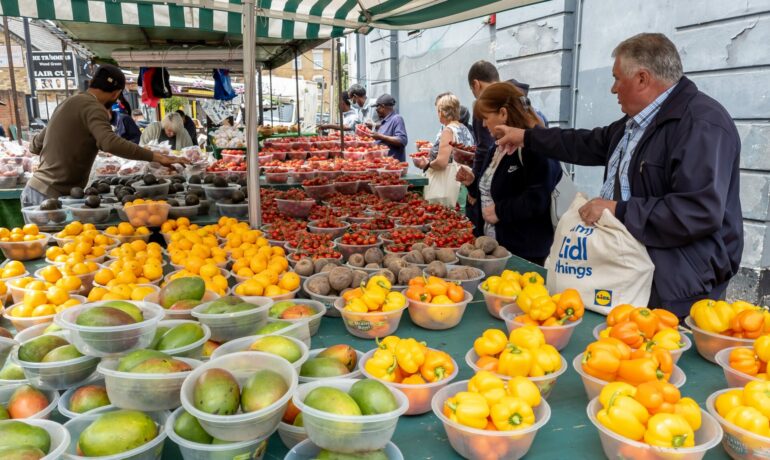Inflation unexpectedly rose in February, with the Consumer Price Index (CPI) increasing by 1.1% for the month, and annualised inflation reaching 10.4%—up from 10.1% in January.
The increase in annual inflation is primarily due to higher food and clothing costs, with food prices rising at their fastest year-on-year rate since 1977.
These increases are partially offset by lower motor fuel and recreational activity costs.
Nicholas Hyett, investment analyst at Wealth Club, said: “An unexpected tick up in inflation in February will put central bankers in a squeeze.
“We’re already seeing fallout from the rapid rise in interest rates around the world, with weaker banks outside the UK starting to pop under the pressure.
“The hope was that a steady drift down in inflation would let central bankers ease back on rate rises.”
However, the 18.2% surge in food prices and a 12.1% increase in restaurant and hotel costs indicate that the battle against inflation is far from over.
Hyett elaborated, “Food inflation is already back in the disco era, the challenge for central bankers is to limit other reminders of the late 70s to flared jeans and shoulder pads.
“Unfortunately, that leaves the Bank of England with unappealing choices – ease back on rate rises but risk leaving inflation running higher when households are already struggling, or stay in the inflationary fight and risk further economic crunches. It’s a circle that’s not easily squared.”



